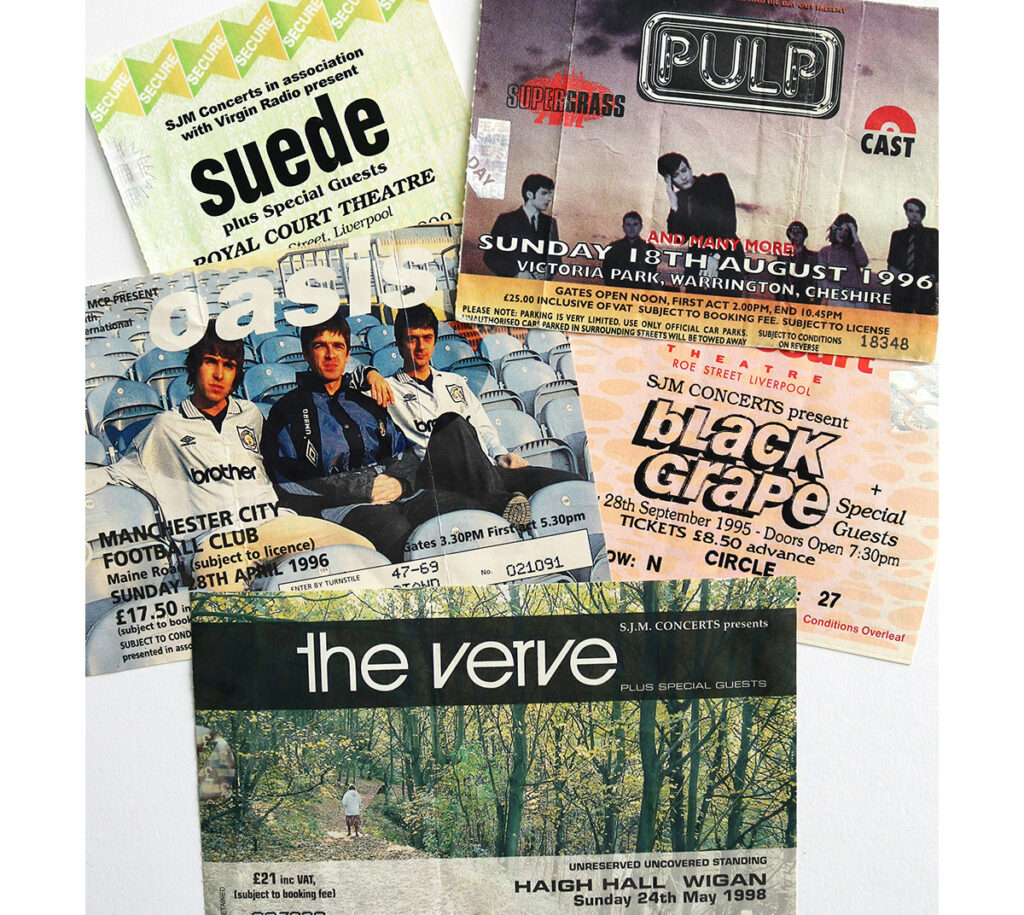Encounter Saul, singer-songwriter and guitarist country folk grew up in the UK. He tells me how he experienced first-hand the birth of the Britpopa cultural phenomenon that by now saw the second half saturated Summer of Love late 80s, music-driven house, and he explains to me how the new movement embraced a completely new way of making music, of living.
A change of direction in British society that would soon mark the musical taste, mentality and style of thousands of young people who welcomed the third millennium with positivity, desire for revenge and a bit of cynicism. Saul specifies, in his opinion two aspects in particular allowed the advent of Britpop.
Socio-cultural aspect
It had been hanging in the air for some time, and probably Noel Gallagher he had guessed it – We were the last rock stars – the eldest of the brothers said: Oasis they were the last real rock 'n' roll band, spokespersons for this phenomenon that would mark the transition to the 2000s.
Britpop was so overwhelming because it was known that society would change. The atmosphere was positive: the United Kingdom, having said goodbye to the previous Conservative government, saw the birth of the new Labour leader Tony Blair in 1997. Music and politics went hand in hand, just think of the Prime Minister's meeting with Noel Gallagher in Downing Street, when the famous party would have started the Cool Britain It was. Accessibility to the media was not as immediate as it is today, so it was perhaps easier to direct the masses towards a particular reference: young white people from the lower-middle class could finally recognize themselves in a self-confident band that conveyed hope and belonging. It was the last period driven by analog before the start of digital, and the Oasis they probably realized it, thus trying to fully experience and transmit the golden age.


Musical aspect
1989 is the year that marks the explosion of the second Summer of Love: electronic music was the protagonist in British nightclubs, between drugs and a delirium that recalled the hippies and the euphoria of the 60s. Saul recalls in this regard The Hacienda, famous club in Manchester which saw the rise of the rave culture. Such an extreme climate would not last long: many young people liked the music but no longer the context. There was no direction and there was an urgent need for something different, an alternative that could serve as a reference.
The debut album Definitely Maybe (1994) fully reflected this need, it appeared at the right time and in the right place. If we think about it, at the time other sacred monsters of indie were already dominating the music scene such as Stone Rosesbut their second studio album Second Comingalso released in '94, was still imbued with electronic sounds and beats that evoked the glories of the years between the two decades ('80-'90). The public was unconsciously ready for something different. Saul explains the period this way, “With the arrival of the Oasis phenomenon we saw a situation similar to that of the late 70s, when punk offered a real alternative to the discotheque that was all the rage at the time. Just like then, many of us no longer felt comfortable going to huge clubs, dancing all night to fast rhythms, and following certain types of customs and traditions. We were ready for a more vintage sound that reflected the real life of a generation that was looking for social revenge, having survived an extremely difficult historical period, the post-Thatcher years..”
Saul describes the period as a real revolution, with the Oasis at the head of this change. They, raised in Manchester between acid house and rock influences, fully represented the new youth culture from across the Channel that was trying to define itself through a new trend. Music became accessible to everyone again: live concerts, guitars as protagonists, as well as the formation of new amateur bands inspired by the adventures of the Gallagher brothers. This created a context more suited to socialization and to pursuing that instinctive part that previous musical trends had diluted. From '95 the style became very precise, and the term Britpop today sums up the mood well.
It's natural for every generation to miss the previous one. Whatever the reason for the recent reunion, we can say that Oasis were right, because we are all a little nostalgic for rock 'n' roll.
Article by Sarah Pereira Da Silva
in collaboration with Saul Bertoletti
Daniel D`Amico for SANREMO.FM

